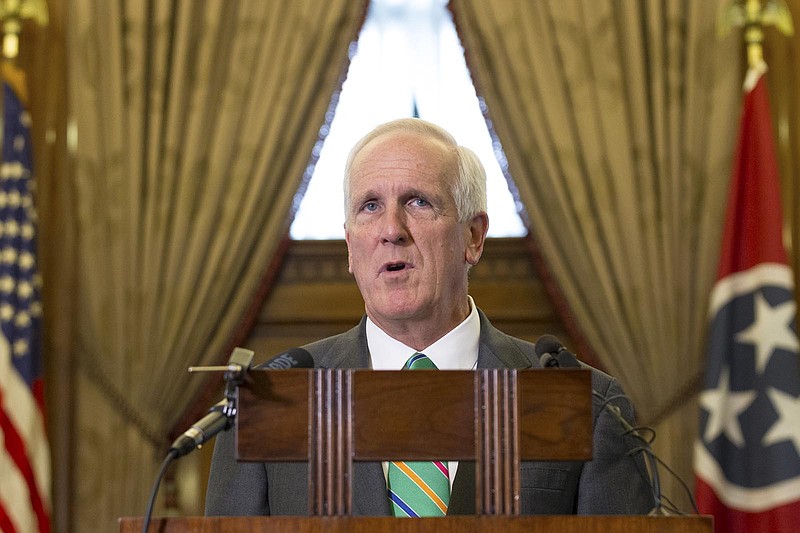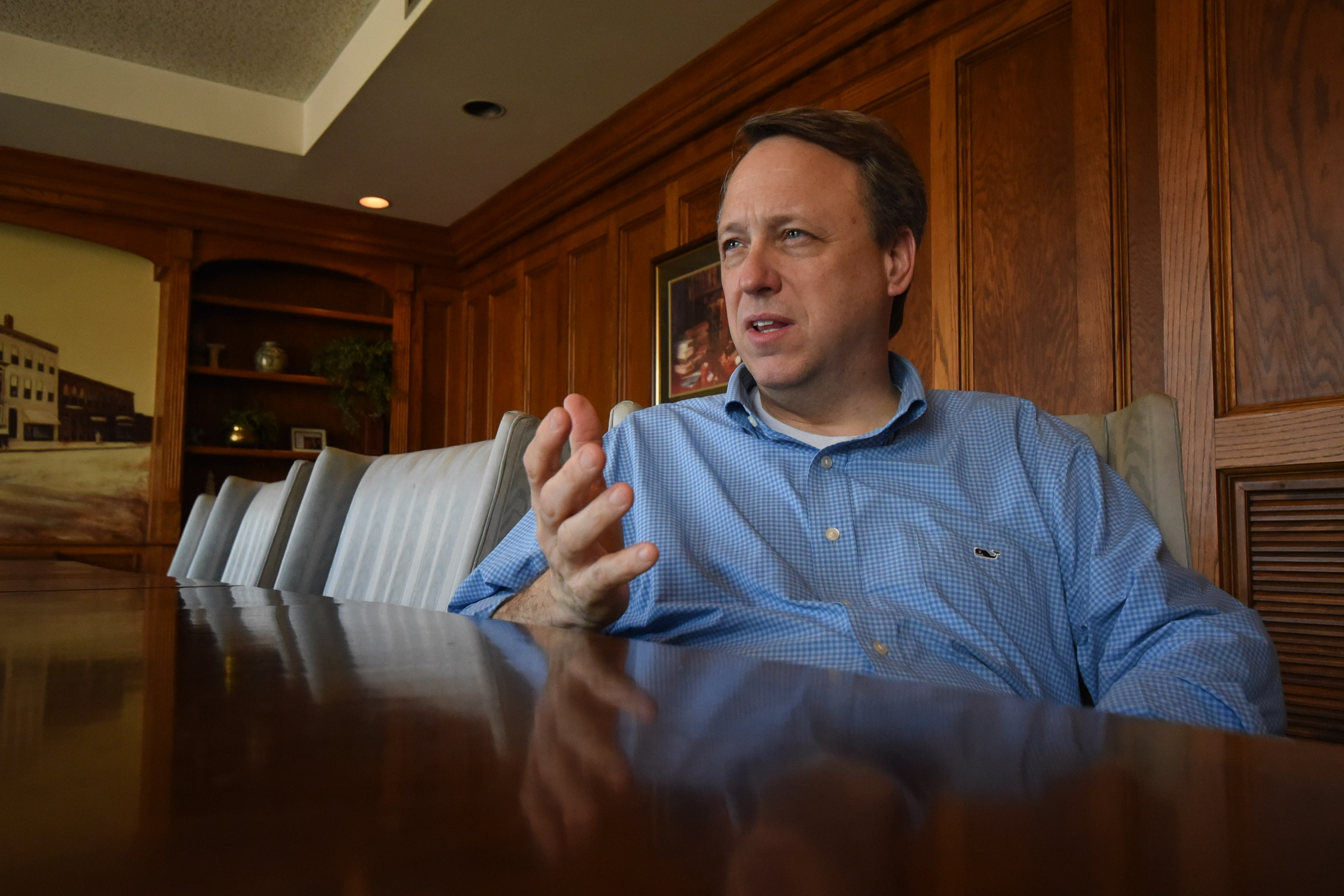NASHVILLE - The Tennessee attorney general says lawsuits by local prosecutors over the opioid epidemic are complicating his efforts to reach a multistate settlement with drug companies. In response, prosecutors say local communities lose out when lawsuits like theirs are rolled into one settlement.
In a letter last week, Attorney General Herbert Slatery told 14 Tennessee district attorneys general that their lawsuits impede his ability to prosecute, as his office leads a 40-state coalition investigating opioid manufacturers and distributors.
Slatery filed motions to intervene in the Tennessee lawsuits, claiming legal issues with the cases and the use of outside attorneys.
"The Office of the Attorney General is in the best position both to represent the interests of the State and to obtain the best possible monetary recovery for key governmental stakeholders," Slatery wrote in the letter.
In a response letter Tuesday, the district attorneys general wrote that Slatery is attempting to undermine their litigation, adding that they "understand the pressure that big [pharmaceutical companies] can bring to bear on organizations opposing their sales and marketing models."
They noted that a 2007 settlement of 26 states and Washington, D.C., against Purdue Pharma yielded $19.5 million, with Tennessee getting pennies on the dollar. Tennessee received $400,000 for attorneys' fees for the district attorney's office, $175,750 for the state general fund, and $143,750 for consumer education projects to fund further investigations or litigation at the attorney general's discretion.
"The results of this failed effort have been another decade lost to growing opioid-fueled abuse, addiction, and death," the district attorneys general wrote about the 2007 settlement. "Our local communities have been devastated in this wake and we cannot, and we must not fail again."
The prosecutors wrote that they're depending on types of law that could cover additional damages, including policing, prosecutions, jails, hospital stays, rehabilitation centers, medical expenses, and educational services for those dependent on opioids, including babies born addicted.
The 14 district attorneys general represent 47 Tennessee counties. Steve Crump, 10th Judicial District Attorney for the 10th District of Bradley, McMinn, Monroe and Polk counties, is among the DAs participating in the suit.
Asked for comment Wednesday, Crump called Slatery's position "unfortunate" and said the local district attorneys "have repeatedly sought to work with the attorney general and asked him to be a partner with us in this fight."
Crump noted the $19.5 million Purdue Pharma settlement gave "meager" amounts to Tennessee and that "the communities that were most ravaged received no help."
"... Our ultimate goal is for this to be a case of us against them - Tennesseans against those companies and criminals tearing down our communities - not us against us, and we firmly believe that our lawsuits and the Attorney General's investigation can proceed side-by-side in a way that mutually benefits the citizens of Tennessee," Crump said.
Hamilton County has not joined the lawsuit, but county commissioners have voted to approve an attorney representation agreement in case the county decides to join. Commissioners were told joining the suit wouldn't cost the county any money unless the opioid makers win.
However, Slatery's letter said district attorneys general are not allowed to retain outside counsel without permission, which they do not have. Therefore, Slatery said, "the law provides no basis for compensating these lawyers for their efforts in this matter."
It was not immediately clear whether that opinion would affect Hamilton County and the county attorney, Rheuben Taylor, who was in court and could not be reached for comment Wednesday.
The Associated Press and staff writer Judy Walton contributed to this report.
Contact Judy Walton at jwalton@timesfreepress.com or 423-757-6416.


